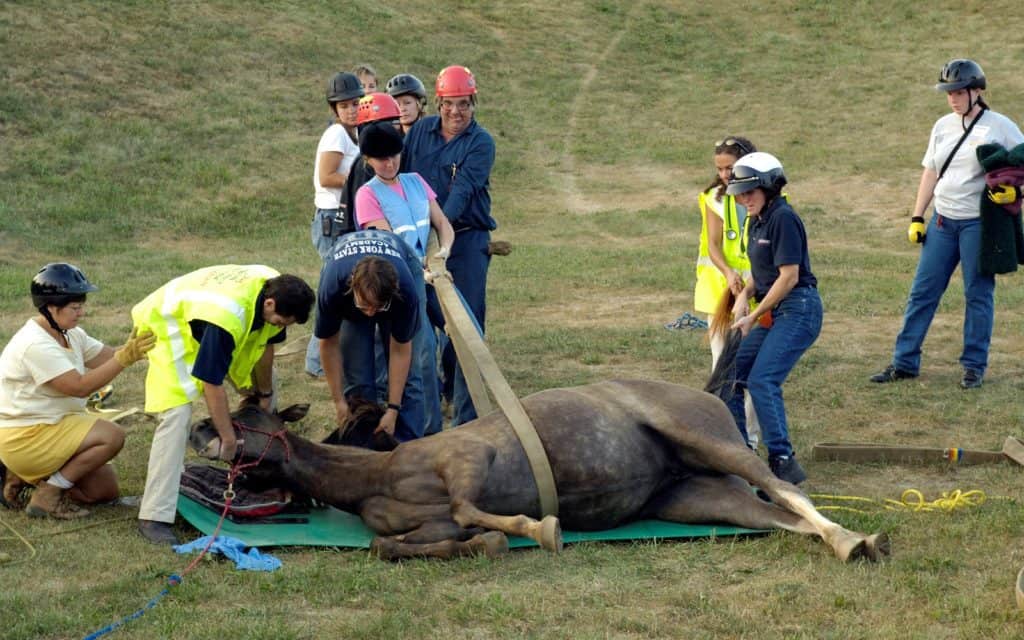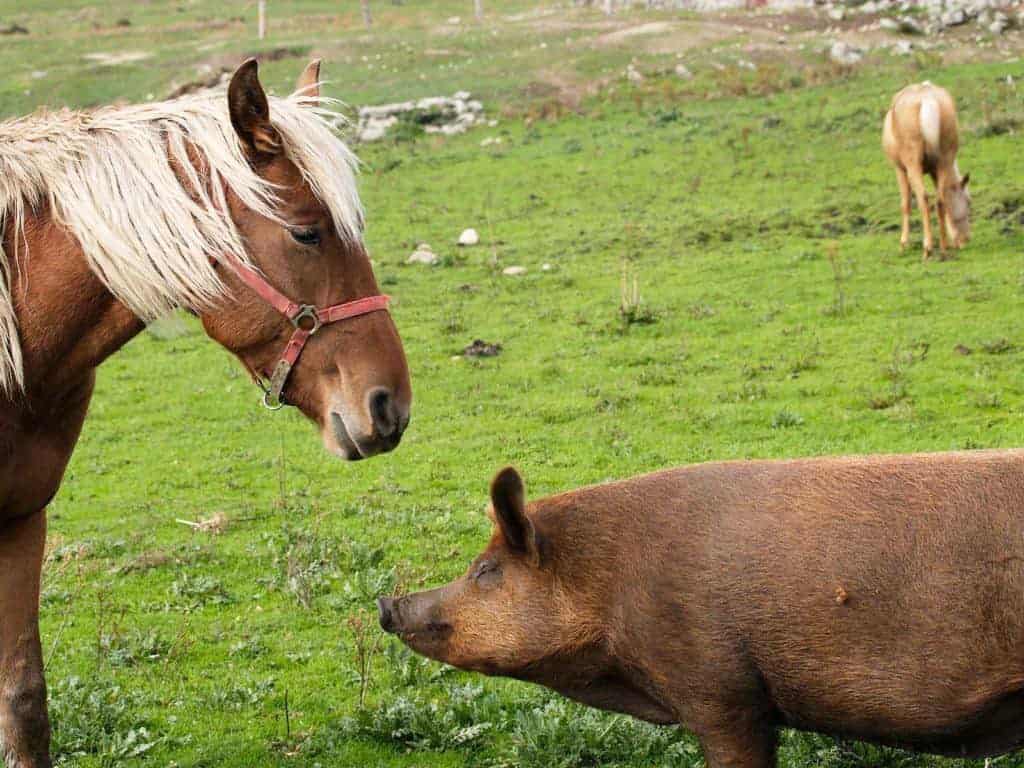
Decoding Small Intestine Problems with Ultrasound
Ultrasound can be a valuable aid to practitioners when assessing the cause and severity of colic.

Ultrasound can be a valuable aid to practitioners when assessing the cause and severity of colic.

A research team is examining how infectious disease and inflammation impact cells in the horse’s gut.

Some nutritionists have speculated that certain dietary supplements might assist with equine ulcer management.
Dr. Roberta Dwyer shares thoughts on the evolution of the publication produced by UK and Lloyd’s of London.

Miniature Horses are more susceptible to some health problems than their larger counterparts.
Diseases reported include contagious equine metritis, equine herpesvirus, piroplasmosis, and more.

The staff at TheHorse.com tallied the most popular articles of 2012. Did your favorites make the list?

We’ve taken a few minutes to tally our most popular blog posts of 2012. Did your favorites make the list?

It’s hoped that the colt, who battled a series of medical issues in 2012, will return to the track in 2013.

Dr. Connie Gebhart of the University of Minnesota’s Veterinary Diagnostics Laboratory shares her research of Lawsonia intracellularis in pigs and horse. The bacterium causes the intestinal disease equine proliferated enteropathy.

Paying attention to equine management can go a long way to decrease colic incidence.

Dr. Lisa Fortier recaps studies on upper respiratory tract health, colic, lameness, and racehorse health.
The awards emphasize the importance of assisting researchers in their exploration of horse health topics.

In the case of horses with ulcers, the use of bismuth is not recommended.
The survey will collect information on how cases of colic present and are assessed in veterinary practice.

Making diet changes slowly, ensuring water intake, and keeping horses moving can help reduce colic risk.
Stay on top of the most recent Horse Health news with
"*" indicates required fields